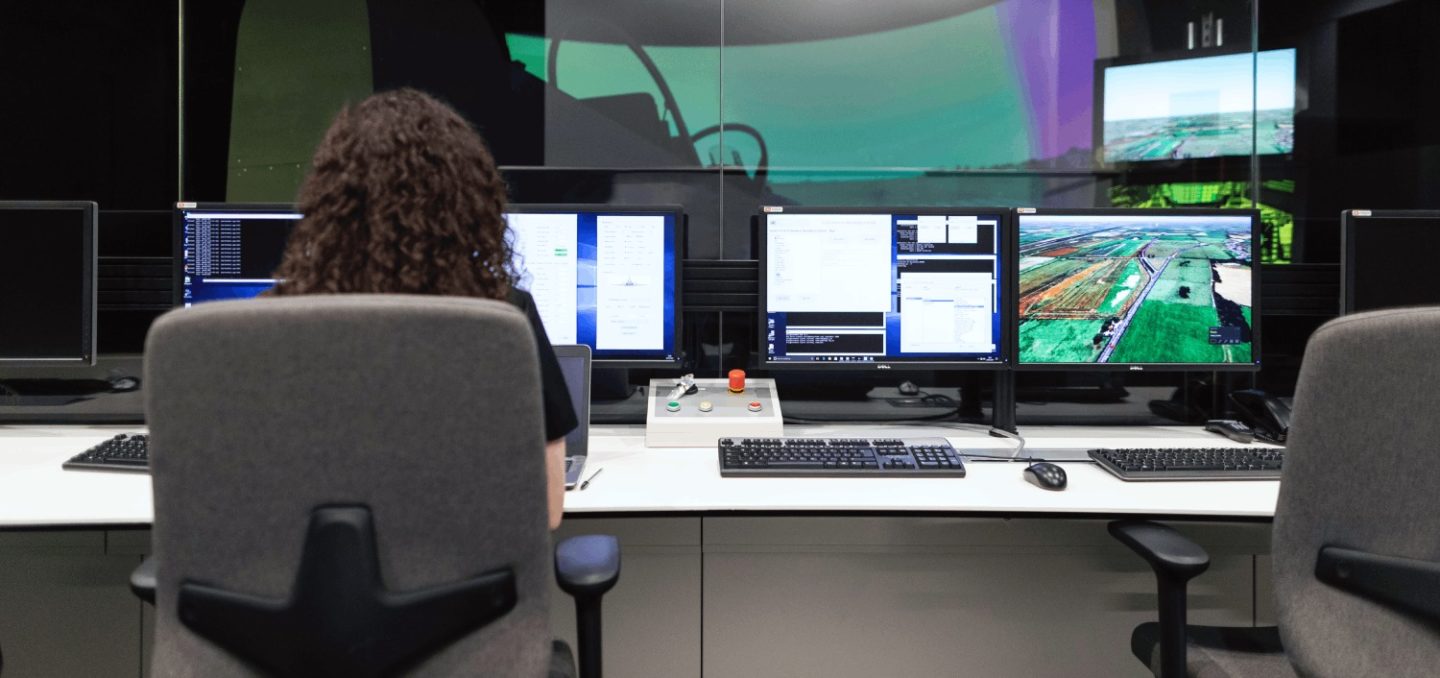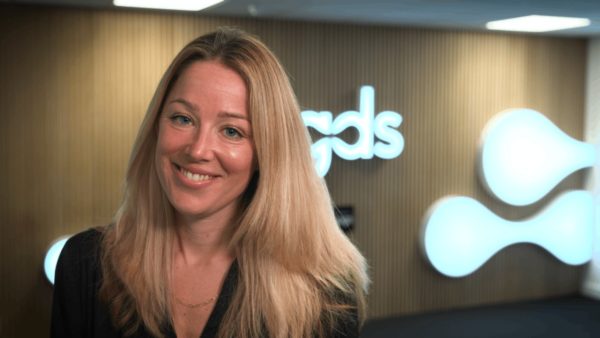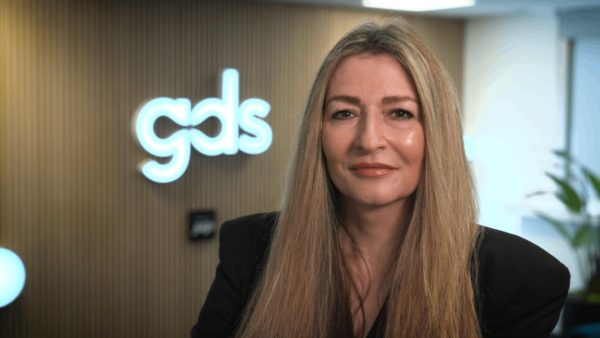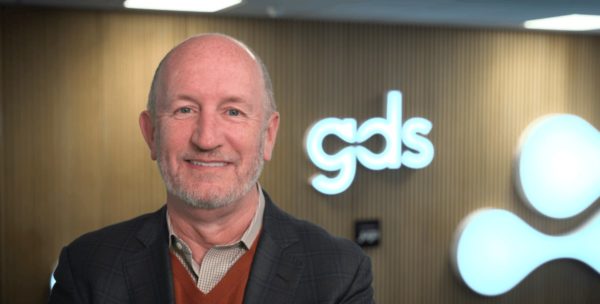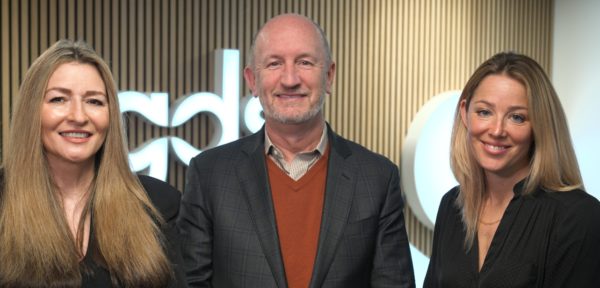Not Enough Tech Talent to Go Around
We’re all working in the midst of a great transformation, with companies pursuing digital evolutions with fierce drive. At the center of this transformation, is the talent making it happen. Skills in computer science, data, and other information technologies have never been more vital. The problem is, there isn’t enough talent to go around.
At GDS Group, we hear firsthand about the struggle business leaders are having finding tech talent. Each day, across our business units, we host up to a dozen events featuring executives spanning every industry. The shortage of candidates is a common challenge we hear. And study after study proves it’s a global problem.
McKinsey attached numbers to several tech areas experiencing significant skills gaps:
- In the area of cybersecurity alone, figures show more than three million security jobs are going unfilled across the globe.
- In another McKinsey survey, 61% of HR professionals say filling developer roles will be their biggest challenge.
CSEdWeek & The Next Generation
With these gaps only expected to widen in the years ahead, it’s crucial to raise up the next generation of computer science and technology leaders. Enter: Computer Science Education Week.
The goal of this annual call to action is to inspire K-12 students to fall in love with computer sciences (CS), while also advocating for equitable access to CS education.
Here at Jugo—part of the GDS family—we interviewed some of our own CS rock stars who work on our 3D, immersive collaboration environment. We asked them to share their career paths, what they like about the field, and advice they’d give the up-and-coming class of CS talent.
CS Can Be for Anyone
Zoe Dodds is a Manual Tester at Jugo. But the computer science world she works in today is not what she studied back in her school days.
“I didn’t come from a tech background,” Dodds shares. “I studied English and film media. So it’s something I kind of fell into, but I’ve ended up really enjoying.”
Mira Kabuika, Scrum Master at Jugo, agrees that the industry is appealing to a wide variety of people and interests.
Of course, some people in CS have always shown interest in tech, like Jugo’s Chief Technology Officer, Dan Whiteley.
“I’ve always been interested in science. I was interested in computing when the early days of computers were coming out,” recalls Whiteley. “And from then, it went from playing around with computers, to being interested in programming, to building stuff. And that obviously led me to my degree and then into the work I do today.”
What’s To Love About CS?
Natasha Robinson, 3D Designer at Jugo, says one of the best parts of working in computer science and tech is how the field always manages to keep her interested and motivated.
“There’s also always new technologies emerging, which is quite exciting,” Robinson says. “It’s also a growing area and quite relevant to the future so there should always be good opportunities, as well.”
Ben Ramsden, a Principal Engineer at Jugo, says those opportunities in CS also come with some serious perks. Like good pay and flexible arrangements.
“There’s lots of flexibility when working in tech,” says Ramsden. “I’ve had five roles, and in all of them, they’ve allowed for working from home.”
Advice? Follow Your Curiosity
For the students who set their sights on CS careers, Mike Bradbury, Lead Architect at Jugo, has this solid guidance:
“Try and go broad on your initial learning,” Bradbury advises. “Don’t pay too much attention to specializing on anything too early. Just follow your curiosity. And there’s time for specialization later.”
Software Engineer Jamie Mansen agrees, encouraging students to be inquisitive.
“Don’t be afraid to ask questions,” he says, “because that’s the best way you learn. And quite often, if you’ve thought of the question, there’s another person in the room who’s thought of it as well.”
Want More Insight?
Want to be part of a panel discussing vital business transformation trends like these? Explore our award-winning event experiences and see what’s coming up, here!
